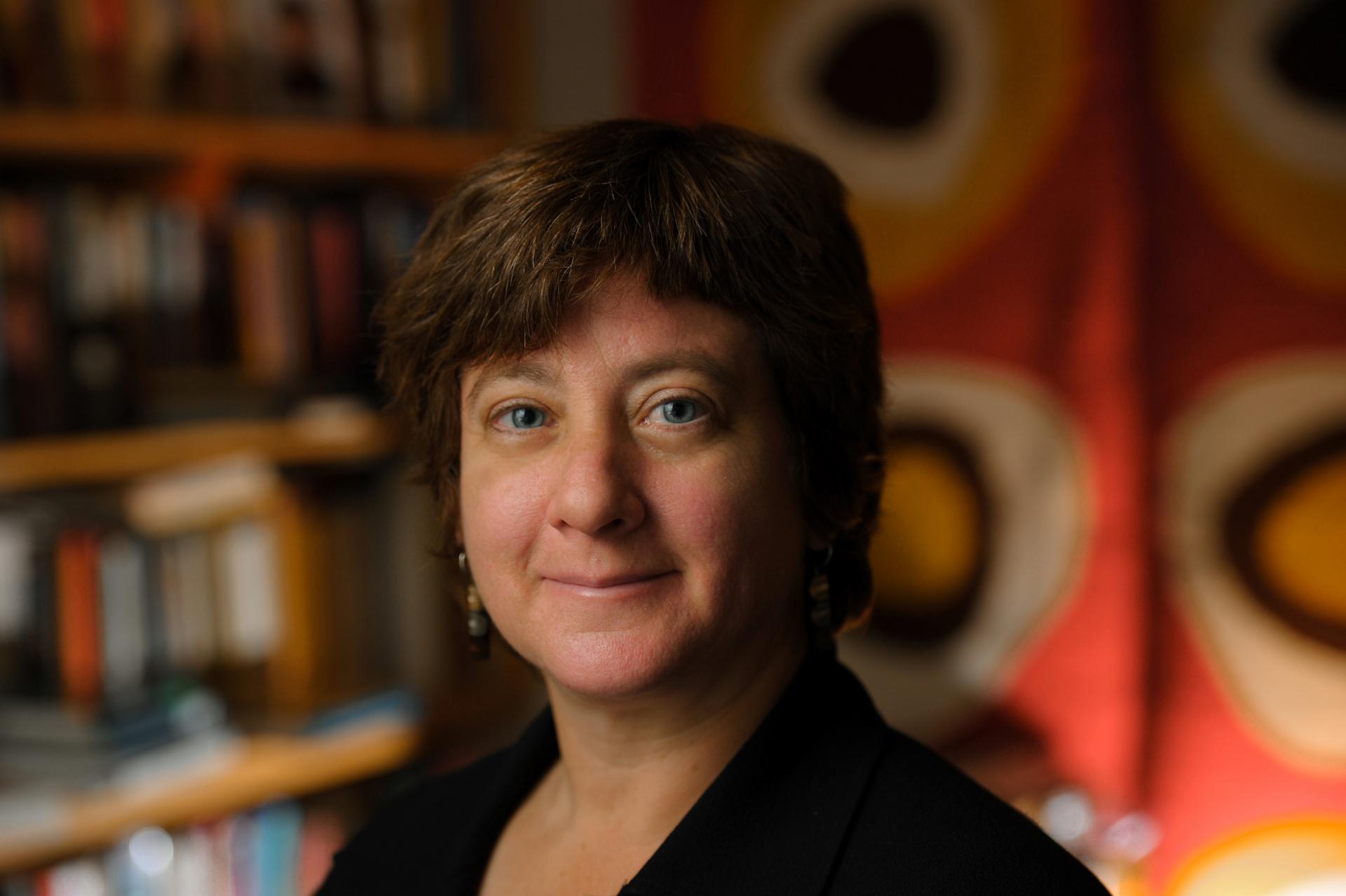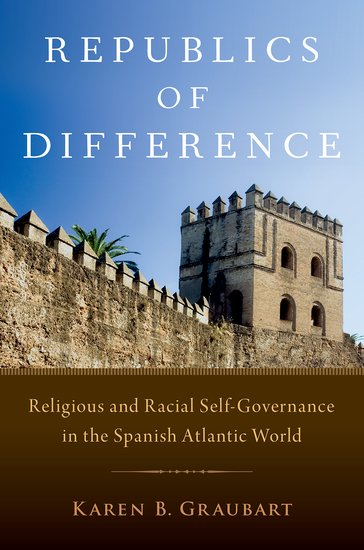 About this Episode
About this Episode
Interviewed by Kellogg PhD Fellows Aitor Valdesogo and Juan Vargas, historian Karen Graubart, who is a Kellogg Institute faculty fellow, introduces her recently published book, "Republics of Difference: Religious and Racial Self-Governance in the Spanish Atlantic World" (Oxford University Press, 2022). The result of more than 15 years of research, this book explores the mechanisms of self-governance that racialized and/or non-Christian communities put into practice in 15th-century Seville and 16th-17th century Lima.
Show Notes
Welcome to Global Stage, a podcast highlighting academic and policy-oriented international research on democracy and human development. Global Stage is brought to you by the Kellogg Institution for International Studies, part of the Keough School of Global Affairs at the University of Notre Dame. Your hosts are Kellogg PhD Fellow Juan Vargas and Doctoral Affiliate Aitor Valdesogo, who are both PhD students in the Department of History at the University of Notre Dame.
In today’s episode, Aitor and Juan welcome guest Karen Graubart, Associate Professor of History at the University of Notre Dame specializing in race, gender and law in Colonial Latin America. The conversation is centered around her newest book, Republics of Difference: Religious and Racial Self Governance in the Spanish Atlantic World.
To begin, Karen paints a picture of a day in Lima in 1613. In the early modern and late medieval world, she explains, many people formed republics as groups who were recognized as self-governing. These small jurisdictions had relationships with other institutions. In Spain, Muslims and Jews were recognized as self-governing communities which had their own judges, rules and authority and took care of the life of their community. In the new world, indigenous people were given similar autonomy under the authority of the Catholic church. The fourth group Karen details in her book were those of African descent. One of the benefits of self-governance is that communities collect their own taxes for the crown.
Karen’s book includes several maps showing the distribution of Muslims in Seville and indigenous and black people in Lima. She created the maps by compiling data including the times Jews approached notaries in Seville and the census map of indigenous people in Seville from 1613. People believed that these cities were segregated, but Karen saw with her data that this was not true at all. Rather, Muslims and Jews lived in areas according to their occupation, family networks and socioeconomic status.
Karen’s intention in writing the book was to get inside these republics and understand how indigenous, black, Muslim and Jewish people experienced this world they lived in. She put herself up to the challenge of recreating the archival evidence of this that no longer exists. This required 15 years of archival work on her behalf in a number of continents. In closing, Karen elaborates on the longstanding existence of black and indigenous communities in Latin America that exist today because of their historic abilities to adapt despite the many challenges and realities they lived under.
 Links
Links
Learn more about Karen Graubart
Learn more about the book Republics of Difference: Religious and Racial Self-Governance in the Spanish Atlantic World (Oxford University Press, 2022)
Learn more about the Kellogg Institution for International Studies
Listen
Listen below, ask your smart device to “play Global Stage Podcast,” or find us on:
Apple | Spotify | Stitcher | iHeartRadio | TuneIn





